Today’s readings
Would that all the people of the LORD were prophets! Would that the LORD might bestow his spirit on them all!
When we think about prophets and prophecy, I think our minds always take us to ancient days. All the prophets we tend to think about lived many centuries ago: Moses, Elijah, Jeremiah, Amos and all the rest, right up to John the Baptist who was the last of the prophets of old and the beginning of the prophecy of the new. All of it culminating in the person of Jesus Christ, whose prophecy was the voice of God himself. But I think our readings today call us to look at prophecy in a new light, and to be open to the fact that there are many more prophets than we can think of right away, prophets that are a bit more contemporary than Moses and Elijah and all the others.
For Moses, prophecy was a huge task. He bore the responsibility of bringing God’s message of salvation to a people who had become used to living without it. He was to inaugurate the covenant between God and a people who had largely forgotten about God, or certainly thought God had forgotten about them. His prophetic burden was great, but God offered to take some of his prophetic spirit and bestow it on the seventy elders. So seventy were chosen, a list was drawn up, and a ceremony was prepared.
Two of their number – Eldad and Medad – were missing from the group during the ceremony, but the spirit was given to them anyway. But this had Joshua all bent out of shape. How could they be prophesying when they had not taken part in the ritual? So he complains about it to Moses, who clearly does not share his concern. He accuses Joshua of jealousy and says to him, “Would that all the people of the LORD were prophets! Would that the LORD might bestow his spirit on them all!”
Moses’ vision for the ministry was bigger than himself, bigger than Joshua, bigger than even the chosen seventy. And he makes a good point here. What if every one of God’s people knew God well enough to prophesy in God’s name? What if all of us who claim to follow God could speak out for God’s concern for the needy, the marginalized and the dispossessed? What if every single one of us, when facing a decision, would immediately consider what God wants in that moment? The world would certainly be a much different place. Joshua’s concern was that the rules be followed. Moses’ concern was that God’s work would be done.
And so there’s a rather obvious parallel in the first part of today’s Gospel. This time it’s John who is all bent out of shape. Someone was casting out demons in Jesus’ name, and even worse, whoever it was was apparently successful! Jesus, of course, does not share John’s concern. Jesus’ vision of salvation was bigger than John’s. If demons are being cast out in Jesus’ name, what does it matter who is doing it? If people are being healed from the grasp of the evil one and brought back to the family of God, well then, praise God!
I think the point here that we need to get is that true prophecy, and really all ministry, doesn’t always fit into a neat little box, certainly not our neat little box. During the rite of baptism, the person who has just been baptized is anointed with the sacred Chrism oil – the oil that anoints us in the image of Jesus as priest, prophet and king. It is part of our baptismal calling for all of the people of the Lord to be prophets. And so we really ought to be hearing the word of the Lord all the time, from every person in our lives. Not only that, but we should be speaking the word of the Lord in everything we say and do!
What I got to thinking about as I re-read these scriptures in preparation for preaching today was, what if everyone was a prophet? What would that look like? What would it be like if we were all true to our baptismal call to be a prophet in today’s world? First of all, if we were all used to the fact that even the most ordinary of people could carry the prophetic message, we might not be so offended by it. Just as the prophets of old were ignored, or worse, beaten or killed for their message, that same thing happens all the time today. In some areas of the world, those who prophesy are considered so much of a threat that they are put to death for their beliefs. And even here, where we have those freedoms, people are so offended by true prophecy that they consider it a personal attack and decide that people who bear witness to the truth are considered hateful. Wouldn’t it be nice if that whole situation didn’t exist, because people were used to looking for the prophetic message?
Then, of course, having heard the prophetic message, all of us prophets would be eager to carry it out. The poor would be taken care of, people would live and do business with integrity, governments would be truly taking care of the common good rather than special interests, human dignity and respect for all life would be accepted as common practice, real peace would be not just a possibility, but a reality.
Friends, we have to stop being afraid of the prophetic message, because prophets might be everywhere; they should be everywhere! God gives us all people who are prophetic witnesses to us: people who say and live what they believe. They might be our parents or our children, the colleague at work, the person who sits next to us in math class, or even the neighbor who seems to always want to talk our ear off. At the basic level, one of the most important questions that arises in today’s Liturgy of the Word is, who are the prophets among us? Who is it in our lives that has been so gifted with the spirit that they challenge us to be better people and live better lives? I challenge you all to give that some thought and prayer this week; I know I will.
Prophecy is a huge responsibility, and we are all tasked with it. Being open to that prophecy is a challenge to humility. We might be the prophets, or we might be the ones hearing the prophets, but in either case we have work to do. Prophets need to be faithful to God’s spirit, to be courageous enough to speak the word they have been given by God, and hearers need to be open to the word and ready to act on it. Prophecy nearly always calls us to a radical change. May God help us to recognize the prophets among us, and make us ready to hear the word of the Lord and carry it out. Be the prophecy you want to see in the world.
Would that all the people of the LORD were prophets! Would that the LORD might bestow his spirit on them all!
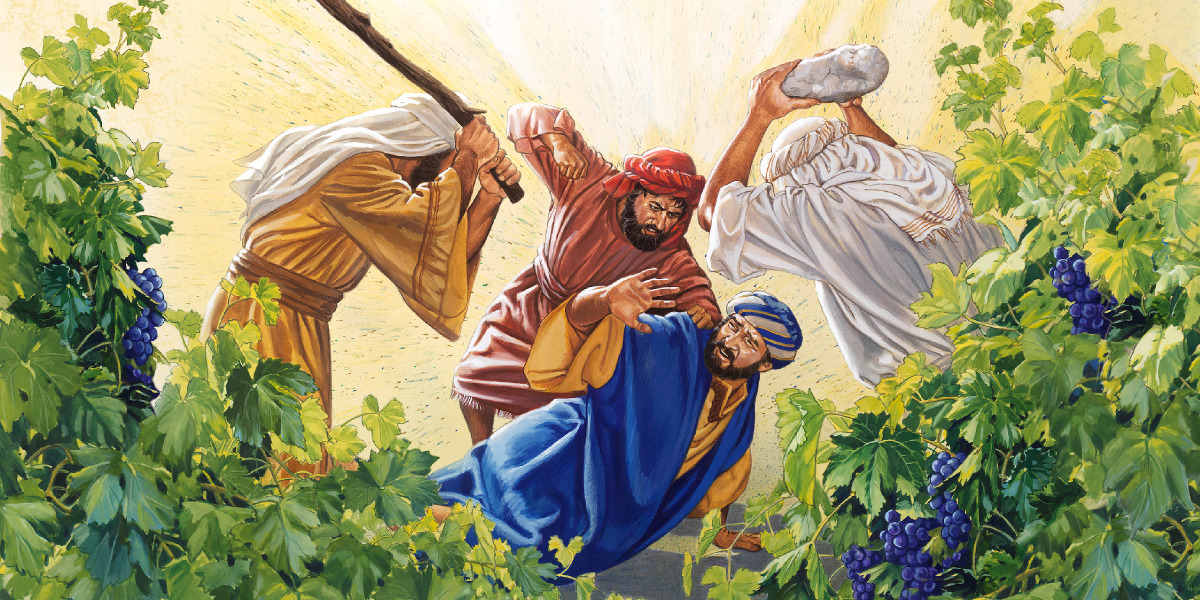
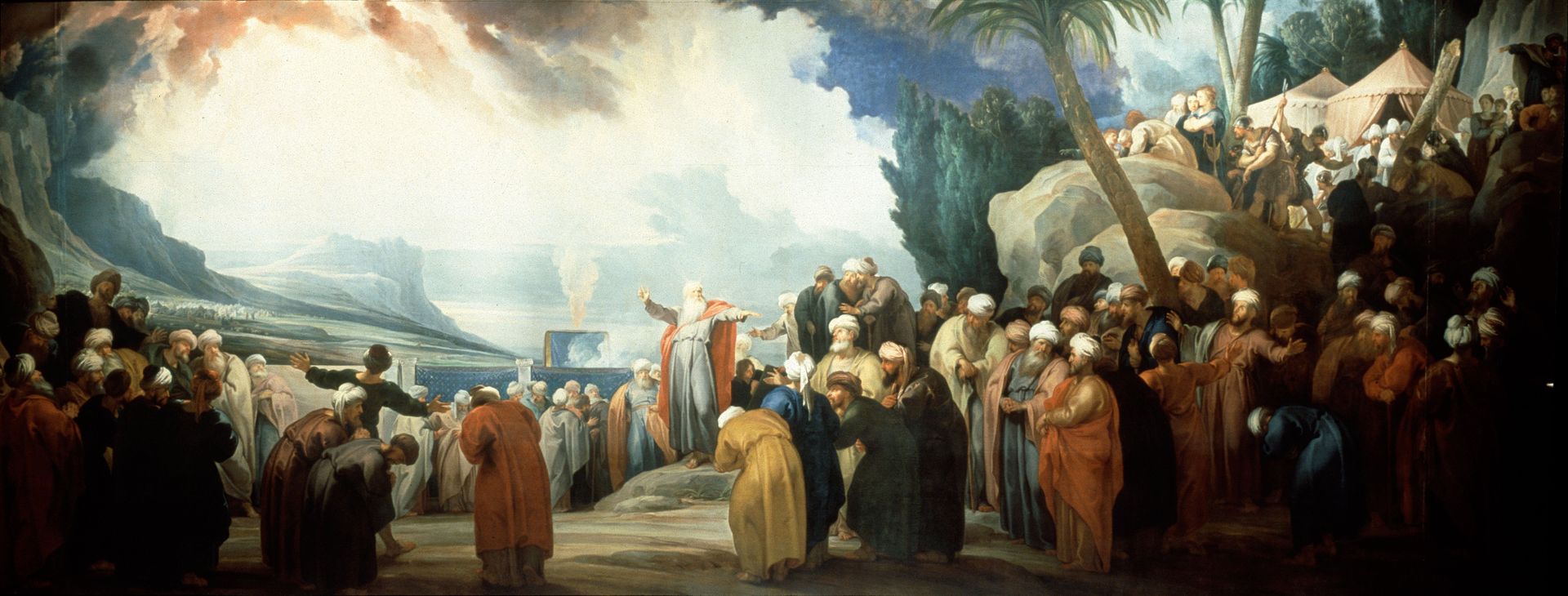
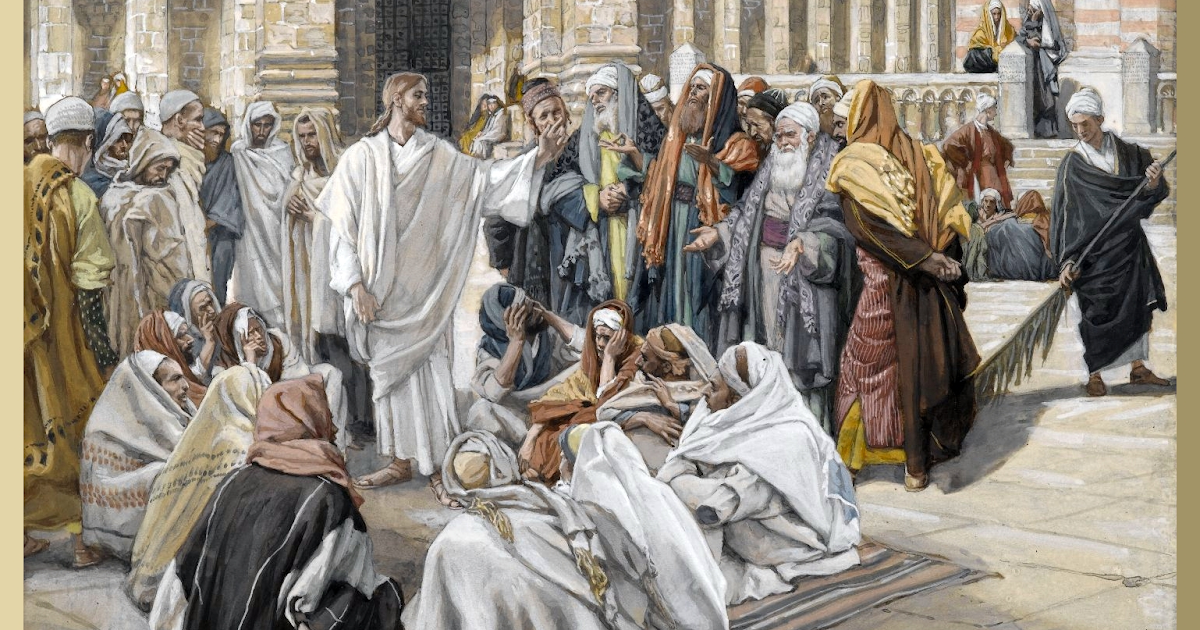
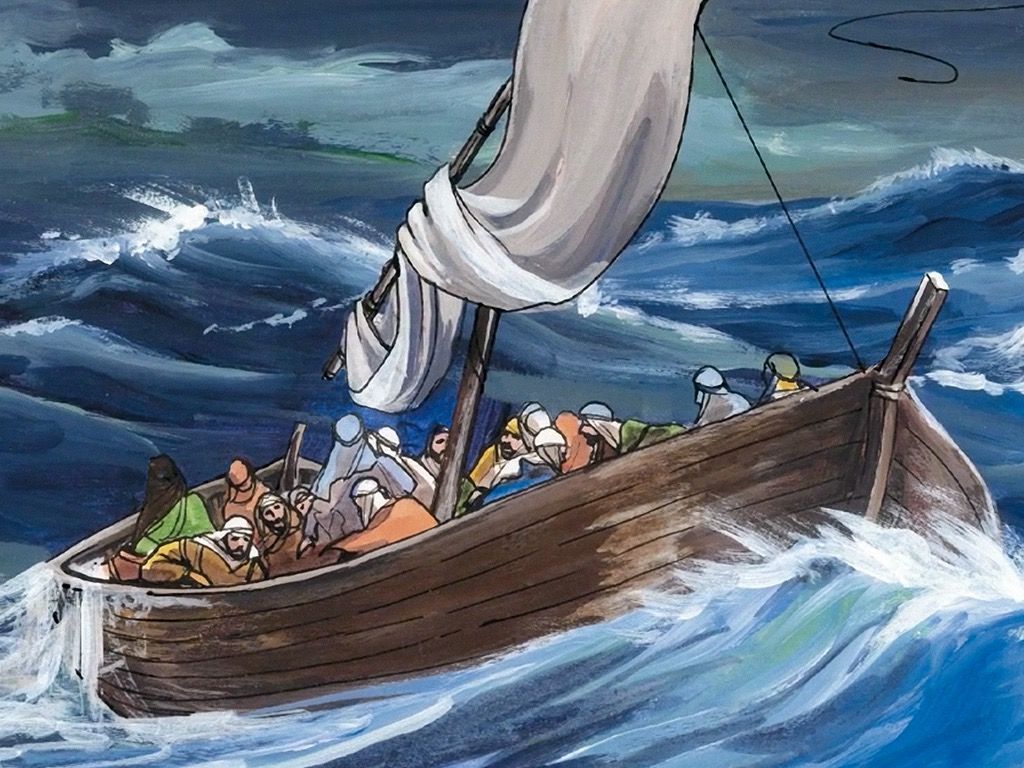
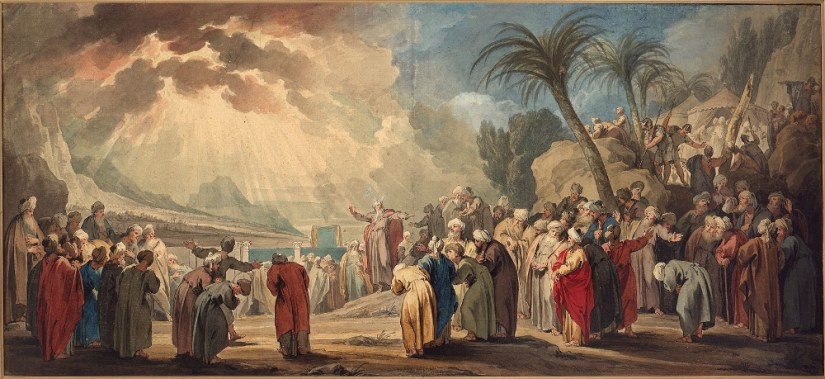
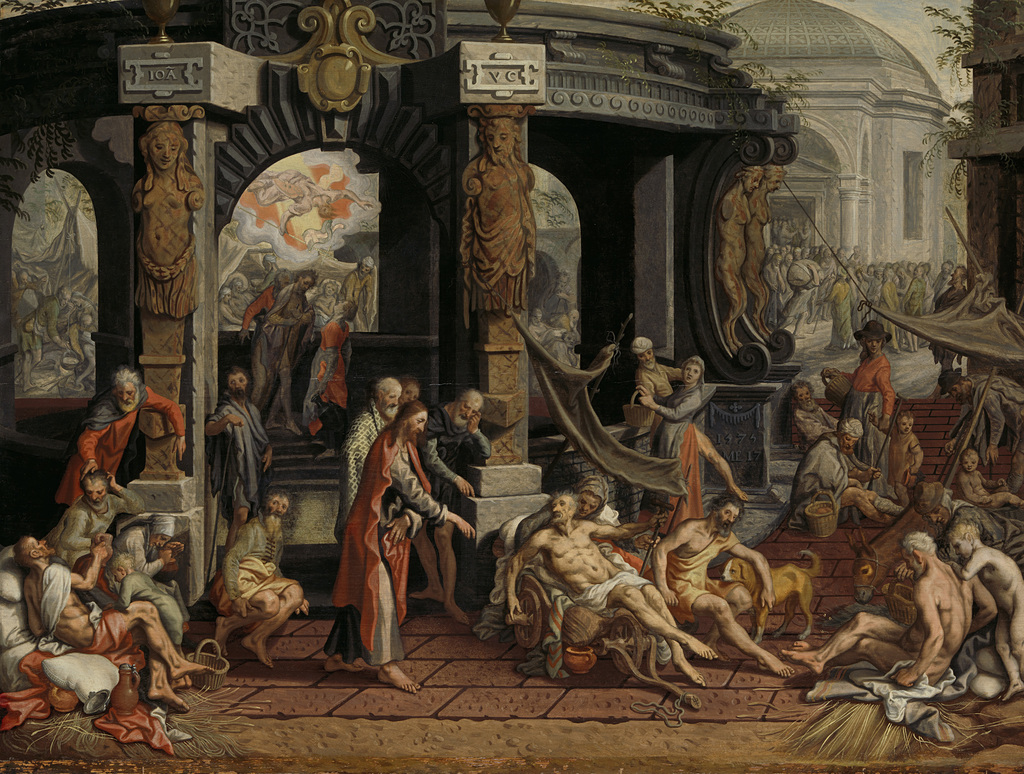
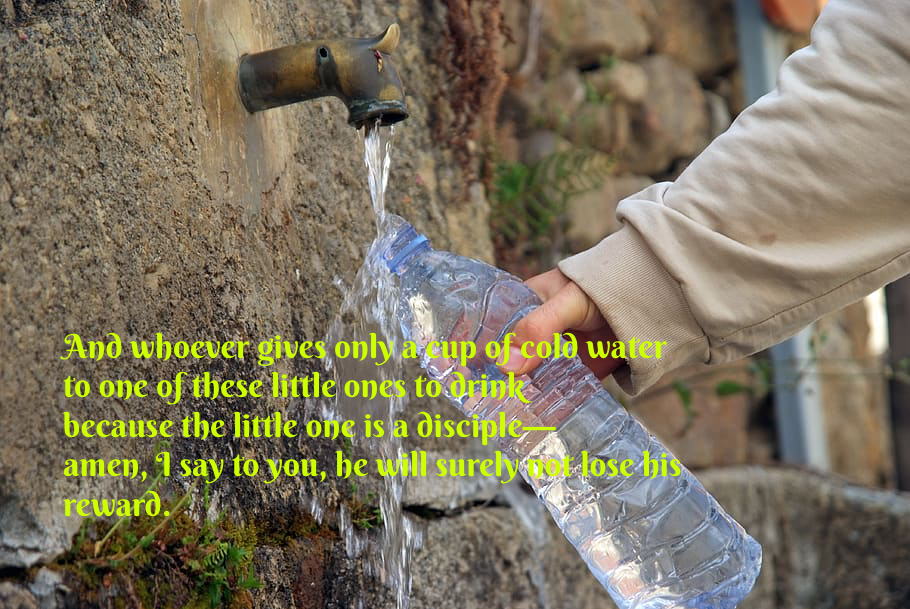
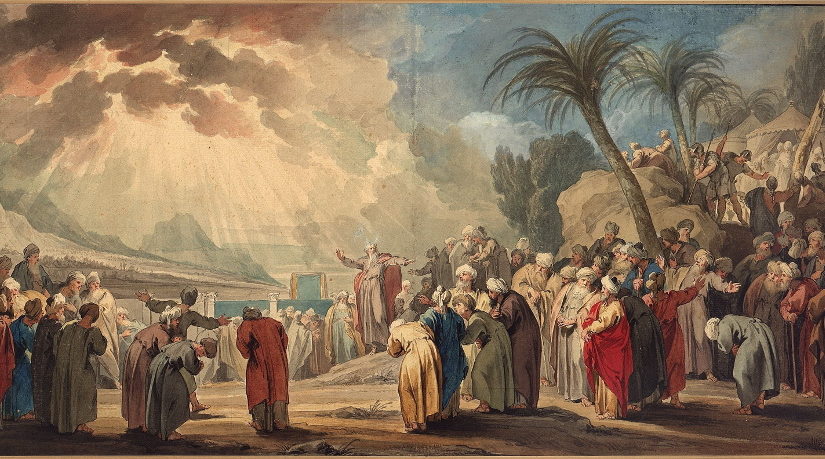

You must be logged in to post a comment.